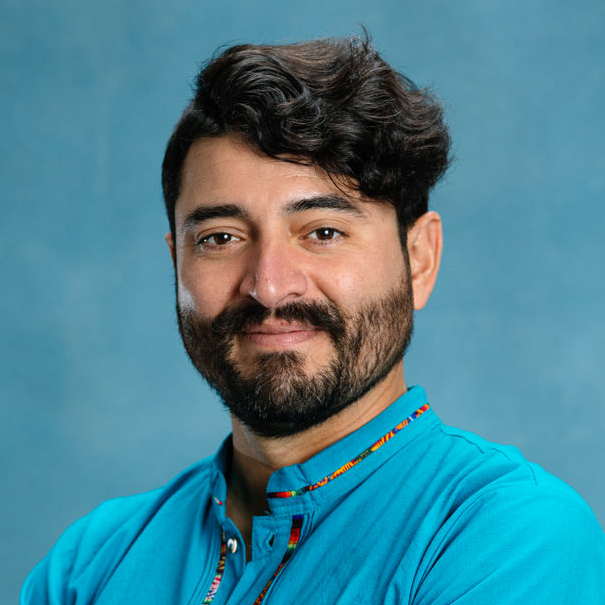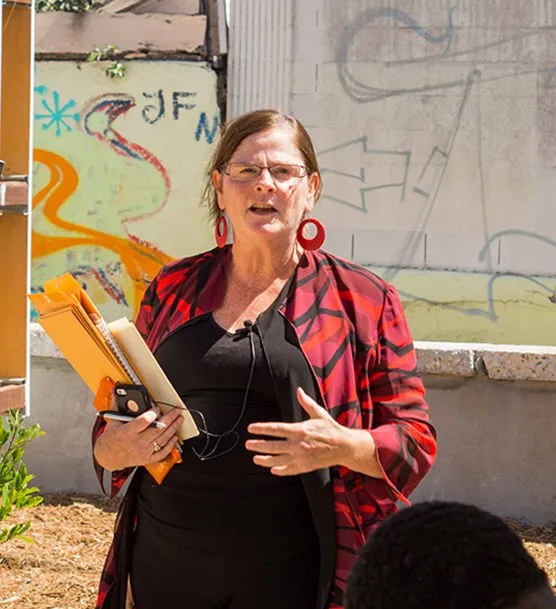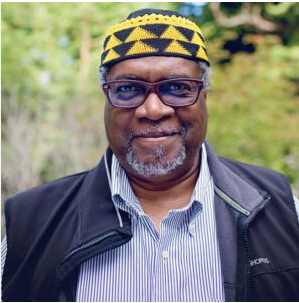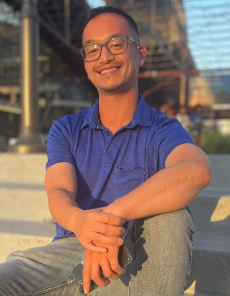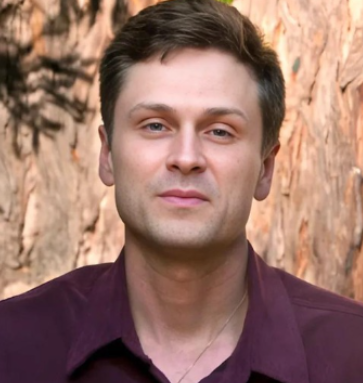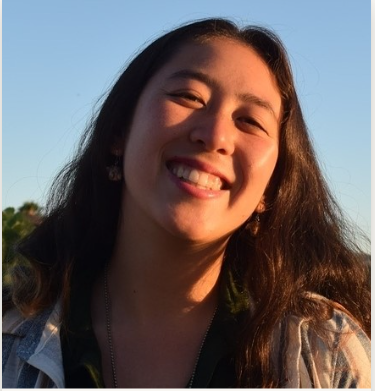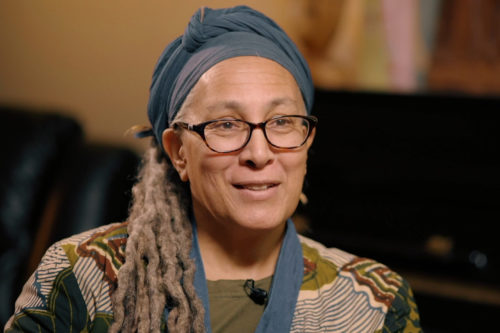
Dr. Jessica Gordon Nembhard (she/her)
Author of Collective Courage: A History of African American Cooperative Economic Thought and Practice (2014), and 2016 inductee into the U.S. Cooperative Hall of Fame, Jessica Gordon-Nembhard, Ph.D., is Professor of Community Justice and Social Economic Development, in the Department of Africana Studies, John Jay College, City University of NY. Dr. Gordon-Nembhard is an internationally recognized and widely published political economist specializing in cooperative economics, community economic development and community-based asset building, racial wealth inequality, solidarity economics, Black Political Economy, and community-based approaches to justice. Additionally, she is a member of the Cooperative Economics Council of NCBA/CLUSA and a Faculty Fellow and Mentor with the Institute for the Study of Employee Ownership and Profit Sharing at Rutgers University School of Management and Labor Relations.
Most recently, recipient of the Association for Social Economics’ 2022 Thomas F. Divine Award for lifetime contributions to social economics; the Association of Co-operative Educators 2021 award for Outstanding Contribution to Co-operative Education and Training (award was named for her in 2022); and the 2017 CASC Merit Award for exemplary contributions to the field of co-operative studies (from the Canadian Association for Studies in Co-operation).
Please visit her webpage to learn more about Dr Gordon Nembhard and her work.
